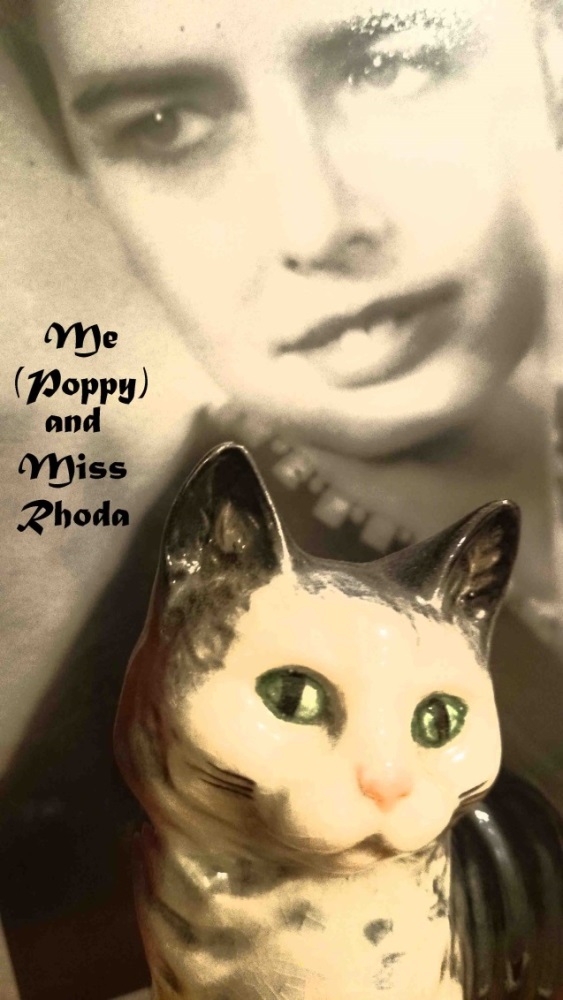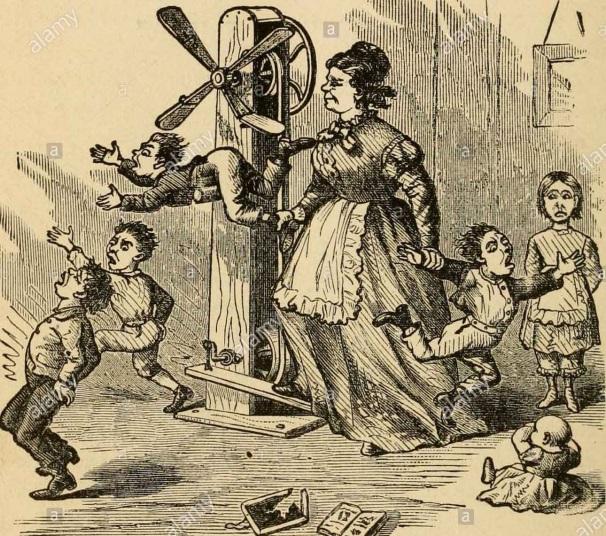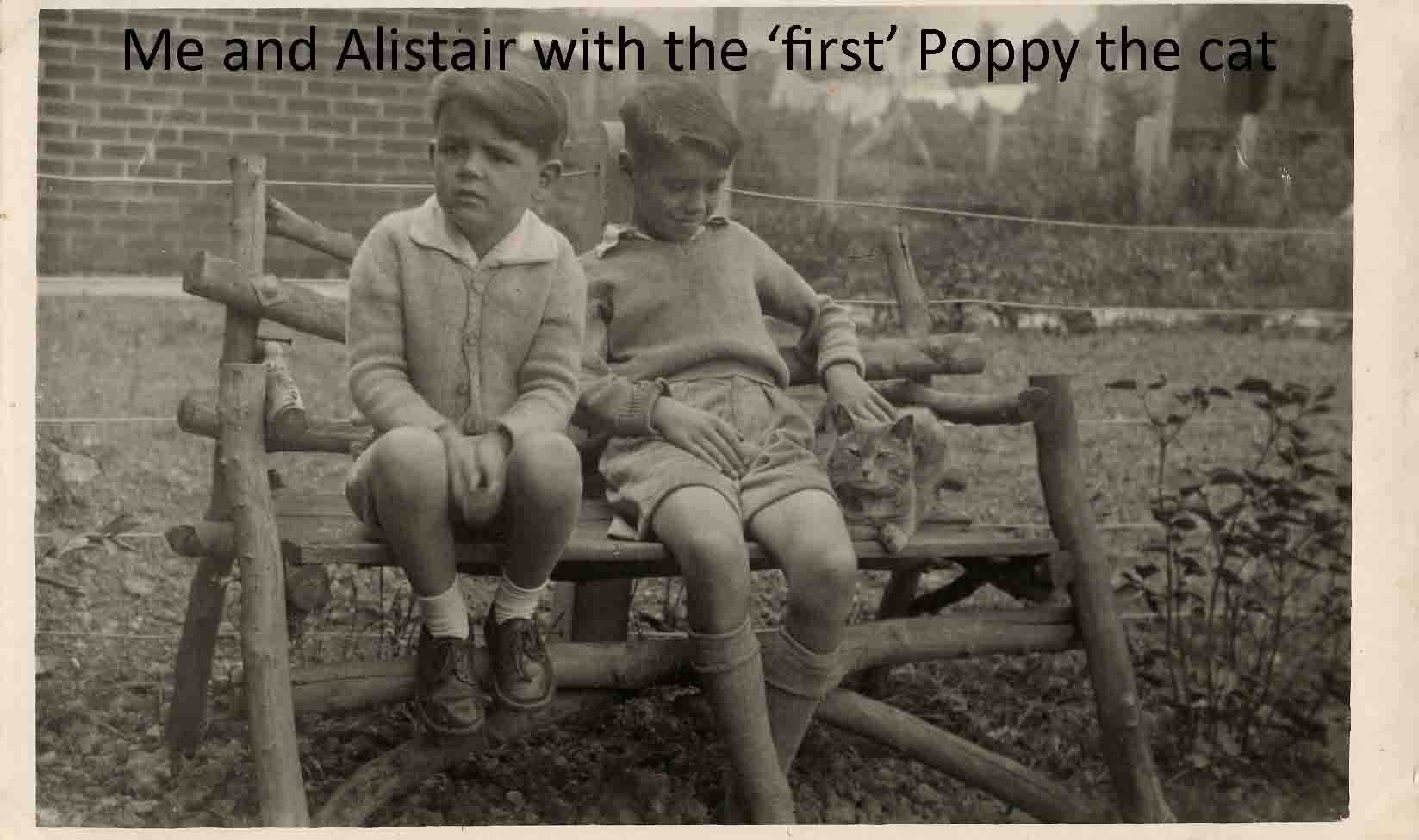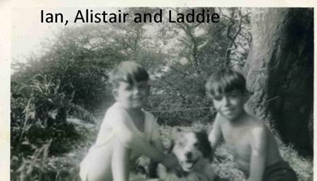Jumping Cats and Broomsticks
I carried on telling Natasha about our cat Poppy, the family’s Medieval Princess. My mother and her cat(s) usually got on well together. The only time the cat got worried was if my mother decided to sweep the kitchen floor with the broom. As soon as she touched the handle of the broomstick, the cat would leap up in the air. It was basically like ‘Tom and Jerry’ when Tom would let out a high-pitched shriek and propel itself out of the kitchen without its legs touching the floor!
I thought this was very peculiar behaviour for a cat and couldn’t quite fathom what it had against my mother sweeping the kitchen floor. That was until one day, Poppy, like a medieval princess, or Duchess of the Enlightenment, had decided to poop in the corner of the room and then daintily walk into another room to have a nap.
Unfortunately, Poppy didn’t have a personal maid who walked after her, shovelling up her bodily waste like an aforesaid princess. On smelling something pongy, my mother searched for the evidence of the crime. She immediately fetched the kitchen broom, turned it upside down, and then found the dozing Princess Poppy. My mother woke her up from her slumber, shouting and banging the floor with the broom handle. She hastily chased Poppy around the room screaming, “You dirty little cat! I’ll teach you!” On catching up with the poor cat, she then stuck its nose in the poop and threw it out the door by the scruff of its neck!
At least then, I understood the ‘jumping cats and broomsticks’ conundrum. Poppy was clearly traumatized; she would usually let out a high-pitched shriek and propel herself at high speed every time she saw mum just touch the handle of a broom.
Behaviorism
I mentioned in the post, Laughter and Nostalgia, that my mother may not have heard of B.F. Skinner’s behaviorism theory, but she seems to have grasped its basic concepts.
However, I don’t think she has heard of classic conditioning yet. I’m no scientist, but I understand the principle of Pavlov’s Bell. Obviously, Poppy had ‘learnt’ to have an aversion to broomsticks. She was able to make a ‘Pavlovian’ connection between broomsticks and chastisement, although excluding pooping. This was obviously a linear logic that was too complex for Poppy’s little brain to comprehend. Neither did my mother comprehend that such ‘Skinnerian’ philosophy couldn’t always be applied to cats. In other words, Poppy continued to pee and poop on the carpet well into her old age!
Ironically, when my mother (and English schools) applied this ‘Skinnerian / Pavlov’ psychology incorrectly, it would often have the opposite effect of the desired goal. I don’t want to wander off here on another digression about the ‘state of the world today’, but it is obvious that the Russian regime has a similar kind of ’Skinnerian / Pavlov’ philosophy. They meted out ‘punishment’ to the Ukrainians to achieve some kind of desired behaviour, not to mention the regime’s policy of Nazi-like grabbing land – the Nazi ‘lebensraum’ idea). In other words, punitive measures do not always result in the desired goal.
You can read the complete stories here starting with the previous post:
Travel and Pets | Laughter and Nostalgia | Poppy, the Medieval Princess | Laddie, a Man’s Best Friend | Dogs in the Afterlife
112 There were hardly any toilets at Versailles and with a court counting several thousand people it turned out to be more than a little problem. The (…) aristocrats would occasionally relieve themselves in corners and courtyards. (…) Visitors – including Horace Walpole – complained about the awful smell that hung over everything; even the gardens were not free from the hideous odour. http://thisisversaillesmadame.blogspot.com/2014/04/the-lack-of-toilets.html Date of reading: 16 April 2022.
113 ‘Pavlov’s Bell’ [Rhoda’s broomstick]. Classical conditioning is a behavioral mechanism in which a biologically potent stimulus (e.g. food [or being whacked and having your snoot stuck in shit]) is paired with a previously neutral stimulus (e.g. a bell [or broomstick]). It also refers to the learning process that results from this pairing.




One Reply to “Poppy, the Medieval Princess”